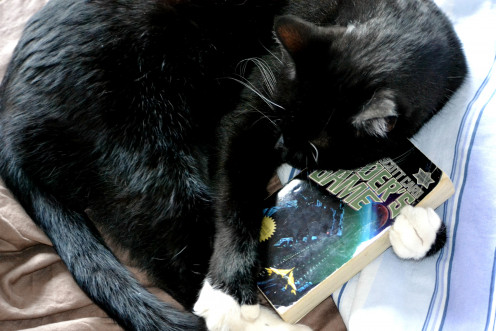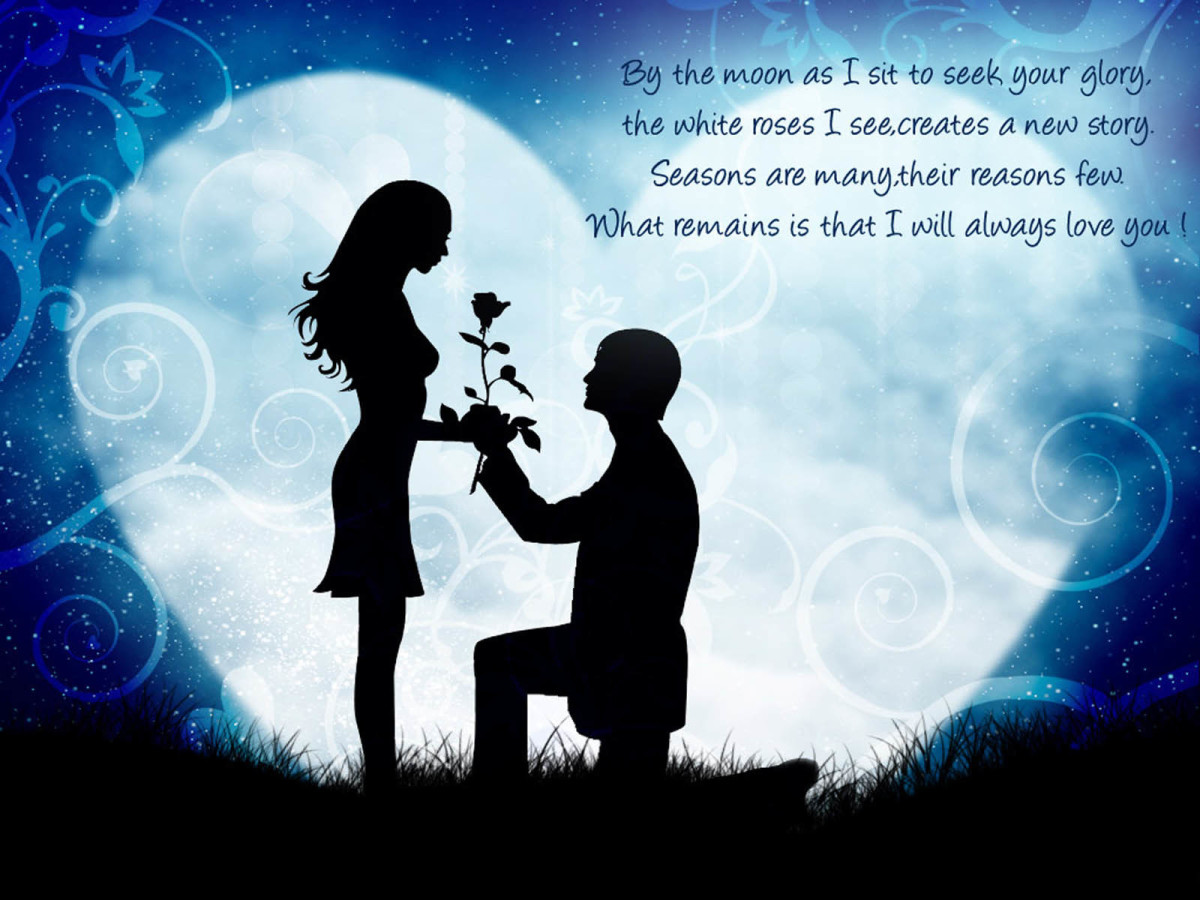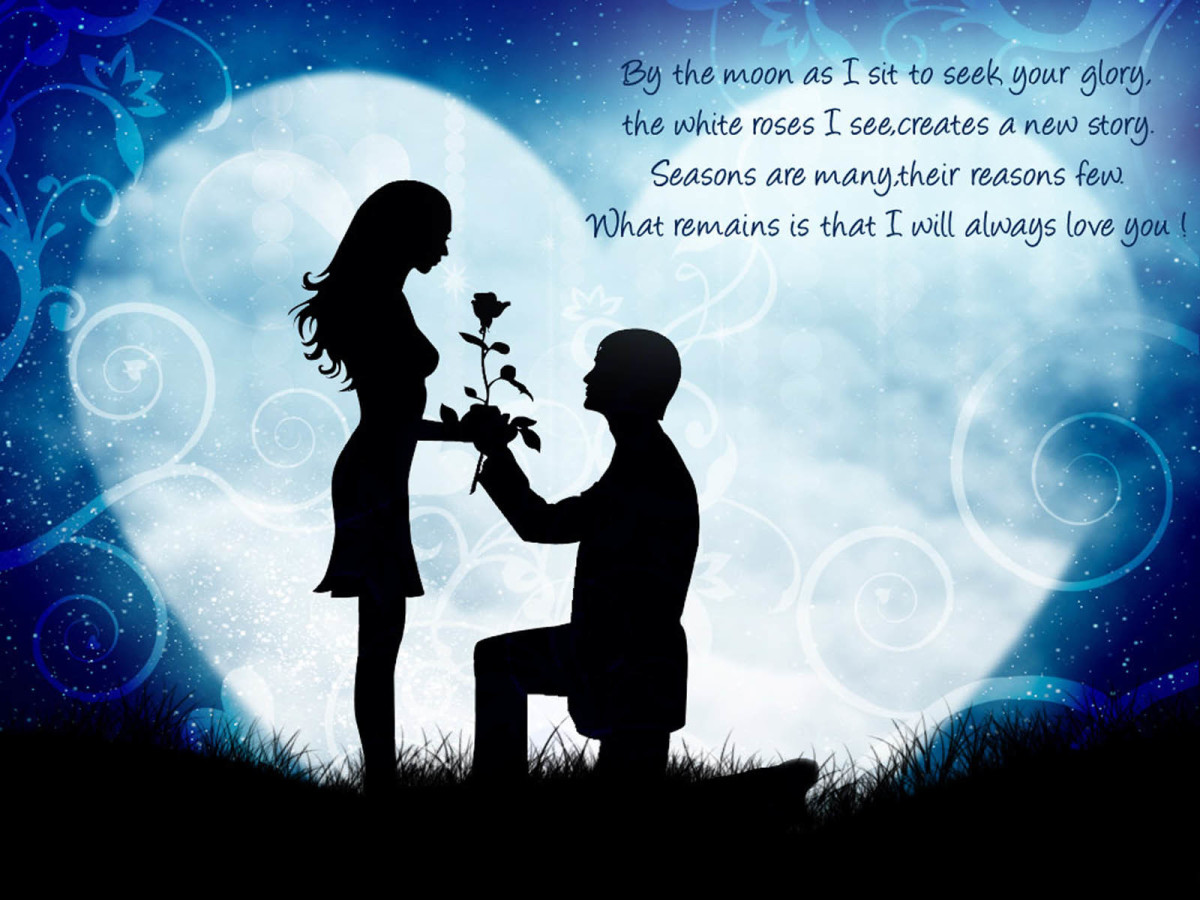Why you should not use adverbs when writing a story
Write Better
The New York Times once reported that 81% of Americans want to write a book--more than 200 million people. If you are one of them, this article can give you some tips that can help you write a book and get it published.
I was recently at a writer's conference where the results of a writing contest had just been announced. Some people were complaining that all the awards seemed to go to the same group of people. My friend Tim, who had won quite a number of awards that evening, turned to them and said, "Write better."
Writing better is the secret of how to write a book and get it published. While just finishing a book is major accomplishment, aspiring writers need to keep in mind that when you are trying to get your manuscript published not only are you competing with all the other new writers you are also competing with established and famous authors. The key to getting out of the slush pile is always to write better.
Even my cat enjoys a good book

Avoid Adverb Abuse
One of the most telling aspects of a beginning writer is adverb abuse. According to the Merriam-Webster dictionary, an adverb is "a word or phrase that modifies or qualifies an adjective, verb, or other adverb or a phrase." The easiest way to think of an adverb though is to just look for "ly" words (although not all adverbs end in "ly" and not all "ly" words are adverbs). Quickly, quietly, loudly, softly, anxiously. Usually (*snicker*), if there is an "ly" word it's probably an adverb.
I overheard someone say once that the reason we shouldn't adverbs is because the publishing gods just made that rule up and since they are the ones that decide what gets published we have to follow it. But, that's not really true. It isn't just an arbitrary rule someone just made up. There are reasons why we writers should try to avoid adverbs.
First, adverbs often are not needed. Thomas Jefferson once said, "Don't use two words when one will do." This is especially true in writing. We don't want our sentences to sound wordy or clunky. We want things to be clear and smooth.
In my critique group, I will occasionally see something like this sentence:
"I love you, too," she whispered quietly.
What's wrong with that? Well, are whispers loud? No. They are quiet, that's what a whisper means. This creates a redundancy in the writing. While the reader might not know what is bothering him, if you do this a lot in your writing, it almost starts to feel condescending, like you are explaining basic things to your readers. Adverbs aren't needed when they are describing traits already evident. A couple more examples:
Trent ran quickly.
Marcus yelled loudly.
When adverbs are redundant drop them.
Here is another way adverbs can be redundant:
"I hate you," she said angrily.
Oh, was she angry? Because I thought she was happy. Anytime the dialogue or character's action makes it clear how the character is feeling, we don't need an adverb to tell us. It's kind of like pointing out the obvious and instead of making for crisp and clean writing, it's chunky and a waste of words. A couple more examples:
She cried sadly.
"I love you. Today and everyday. I'll love you forever and always," she said lovingly.
"Does Santa really exist," asked the toddler innocently.
Another reason to watch out for adverbs is because often adverbs are paired with weak verbs. Using one strong verb can often eliminate the adverb and the weak verb and also make your writing have a stronger impact. A few examples:
Rose held (weak verb) tightly (adverb) to the faded letter.
Now revised with a stronger verb and eliminating the adverb:
Rose clutched the faded letter.
Both sentences say the same thing, but one does so with less words and makes for a clean sentence.
With her head low, Jenny walked (weak verb) slowly (adverb) out the door.
With her head low, Jenny trudged (stronger verb) out the door.
Using stronger verbs instead of the weak verb/adverb combination also creates stronger visual images in the reader's mind.
Trent ran quickly to catch up with Jenny.
Trent dashed to catch up with Jenny.
I also overheard someone tell another writer to use their computer to search for all the "ly"s in their manuscript so they could rid of them all. But adverbs aren't always bad, only the abuse of adverbs is bad. In fact, there are a couple situations in which you should use an adverb.
First, in dialogue. When people speak they use adverbs. A lot. So, if you want your characters to sound realistic they probably should use some adverbs.
"Now listen carefully. I want those rooms cleaned up and I want them done quickly. Now get to it."
Secondly, adverbs are sometimes necessary if a character's meaning isn't obvious through their dialogue. For example:
"She's the best girl I ever met," he said sarcastically.
Without the adverb, the meaning of the dialogue changes dramatically.
But be careful with this because it's often not needed because readers are smart and they can figure things out.
"And after you've finished cleaning the rooms, you can start mowing the lawn and then wash all the windows."
"I'd love to," he said sarcastically.
In the above example, the sarcastically isn't needed. We know from human behavior that he probably doesn't really want to do all that work.
Look for adverbs in your manuscript and decide if they are necessary. Eliminating adverb abuse from your writing is one of the first steps to writing better.
I plan on writing some other hub pages addressing writing topics such as: overwriting, info dumps and back-story, avoiding passive voice, and more. Let me know in the comments which topic you'd like to see next. Also, put any writing questions you have in the comments below and I'll try to write some pages to address them. But please, no questions on writer's pay/salary.








